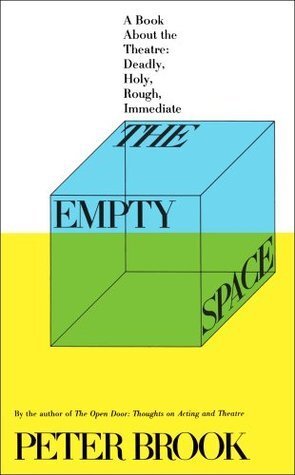

Peter Brook's written works reflect the depth of his intellectual engagement with the art of performance and his philosophical exploration of theatre’s essence. Brook’s most celebrated book, The Empty Space (1968), remains a seminal text in theatre studies, offering profound insights into the nature of performance and exploring concepts such as the “Deadly Theatre,” “Holy Theatre,” “Rough Theatre,” and “Immediate Theatre.”
Throughout his career, Brook’s writing extended beyond theory to memoir and reflective analysis. In Threads of Time (1998), he provided a personal and professional autobiography, weaving together his experiences in the theatre with his broader reflections on creativity and human connection. Another key work, The Shifting Point (1987), offers a blend of essays, diary entries, and reflections on his experiments and productions, giving readers a detailed account of his evolving artistic vision from 1946 to 1987.
Brook also explored his spiritual and artistic journey in There Are No Secrets (1993), a collection of essays and reflections that delve into his lifelong quest for authenticity and truth in performance. In Tip of the Tongue: Reflections on Language and Meaning (2017), he turned his attention to the power of language in shaping experience, offering a concise yet profound meditation on the nuances of communication.
His career as an author complements his theatre work, providing a written legacy that captures his philosophical and practical insights into the nature of performance, storytelling, and human interaction. These texts continue to influence practitioners and scholars, cementing his reputation as not only a visionary director but also a profound thinker and writer in the arts.
